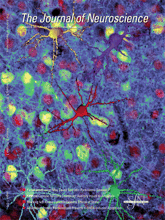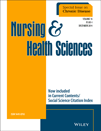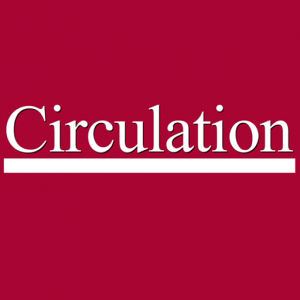 The Journal of Neuroscience has yanked an Alzheimer’s paper and banned three University of Pennsylvania authors from publishing there temporarily, following conflicting investigations by the university and the publisher, the Society for Neuroscience, into the data.
The Journal of Neuroscience has yanked an Alzheimer’s paper and banned three University of Pennsylvania authors from publishing there temporarily, following conflicting investigations by the university and the publisher, the Society for Neuroscience, into the data.
The 2011 paper looked into the cellular makeup of the characteristic plaques that develop in the brains of people with Alzheimer’s disease. It’s been cited 64 times, according to Thomson Scientific’s Web of Knowledge.
While the notice states that Penn’s investigation “supports the journal’s findings of data misrepresentation,” last author Virginia Lee said she asked the journal to simply issue a correction of the faulty data, since the findings are “extremely important” for the field and have been affirmed by a later paper. According to author John Trojanowski (who is married to and publishes regularly with Lee), he and Lee have been barred from publishing in Journal for Neuroscience for several years. Senior Co-author Edward Lee is out for a year [see update at the bottom of this post].
Lee provided us with a letter Vice Dean of Research Glen Gaulton sent to the journal (click here to read), in which he says an investigation found “no evidence of research misconduct” and the “errors…do not detract from or otherwise alter the conclusions of the manuscript.”
Continue reading SfN journal retracts paper, bans UPenn researchers over “data misrepresentation”
 We recently wrote about three papers on heart health and exercise that came under fire for reporting the same trial in three different ways. Actually, make that four ways (so far).
We recently wrote about three papers on heart health and exercise that came under fire for reporting the same trial in three different ways. Actually, make that four ways (so far).



